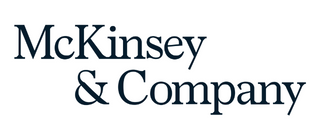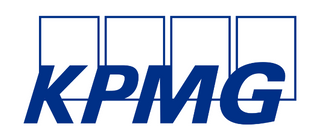The Big Three is one of the names given to the three largest strategy consulting firms by revenue: McKinsey, Boston Consulting Group (BCG), and Bain & Company. They are also referred to as MBB. The Big Four consists of the four largest accounting firms by revenue: PwC, Deloitte, EY, and KPMG.
With so many different terms, it's easy to get confused. That's why you'll find an overview here of which company belongs to which category, what makes them special and why it's worth getting to know them. 🚀
The term Big 3 stems from the more common Big 4. Both are groups of global professional services firms, and over the years they have grown to compete for more work. Let's dive deeper into them and see what they have in common and what differentiates them!



















